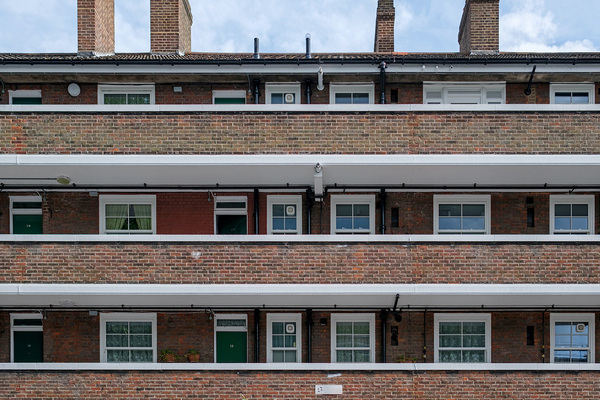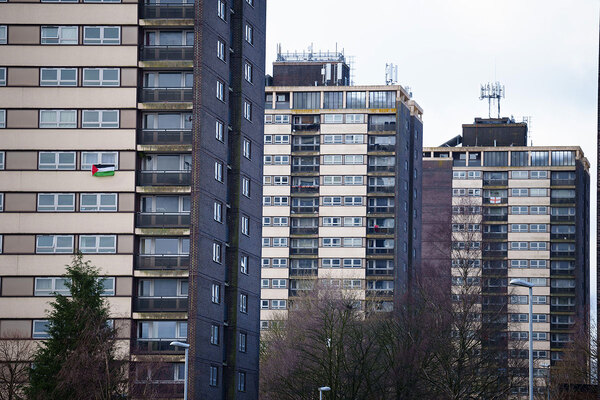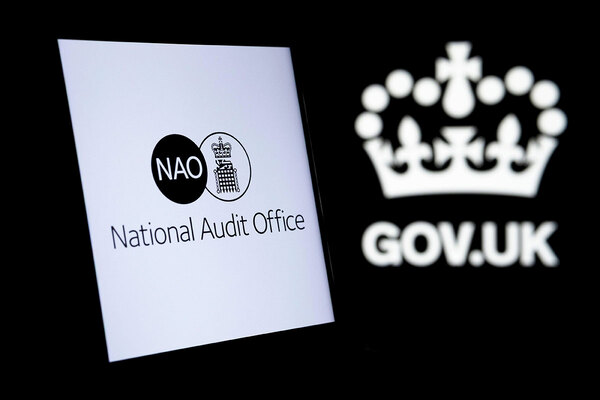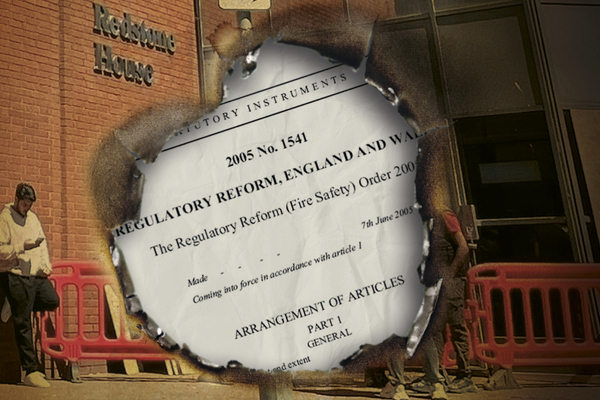You are viewing 1 of your 1 free articles
Social Tenant Access to Information Requirements explained
The government published its long-awaited policy statement on Social Tenant Access to Information Requirements (STAIRs) last month, following the conclusion of a consultation in July 2024. Laura Cook, solicitor at law firm Bevan Brittan, explains everything you need to know

Learning outcomes
- Learn what STAIRs are, and why they are being introduced
- Understand the two different phases of STAIRs and what will be required of landlords under each phase
- Learn what constitutes a valid request for information from a tenant
- Understand how a request for information under STAIRs differs from a Freedom of Information (FOI) request
- Understand what landlords need to do when complaints are submitted over information requests (the mandatory STAIRs review process)
- Learn some steps landlords can take now to prepare for STAIRs
What are STAIRs?
In recent years, several high-profile incidents have led to calls for increased transparency in the social housing sector.
Since 2005, tenants of local authority-owned housing stock have been able to access certain information from their landlord under the Freedom of Information Act. In Scotland, tenants have also been able to use FOI requests to access information from housing associations, as the Freedom of Information (Scotland) Act extends to private registered providers (PRPs).
However, in England and Wales, tenants of PRPs haven’t, until now, been afforded that same right.
The introduction of STAIRs seeks to level the playing field by giving tenants of PRPs new rights to access certain information about how their homes are managed.
Timeline of implementation
The Regulator of Social Housing has been directed to introduce a new standard for social landlords, requiring all social housing PRPs to meet the requirements set out in the STAIRs policy statement. This will be rolled out in two phases.
October 2026: Phase 1 – publication scheme
From October 2026, PRPs will need to proactively publish information (where they hold it) that relates to:
- Governance and decision-making
- Spending
- Housing stock management
- Performance
- Housing services
- Lists and registers
- Social housing management
Notably, PRPs are not required to create any new records to comply with this obligation, and redactions may be applied in certain circumstances.
Who can see the publication scheme?
Only tenants, or their designated representative, have a right to see the publication scheme (or to complain if they feel something is missing from it). The requirement is that tenants are made aware of the publication scheme, and information needs to be easily identified and accessed by tenants.
In practice, providers will want to give careful thought to how to meet this requirement. Some might just want to publish the information on their website, while others might want to keep it behind a ‘members only’ password-protected section.
April 2027: Phase 2 – information requests
From April 2027, PRPs will need to respond to requests from their tenants for “relevant information” – that is, information held by the PRP which relates to the management of the PRP’s social housing. The government’s policy statement includes a non-exhaustive list of the types of “relevant information” that tenants can ask for.
The policy statement clarifies that issues determined by local councils, as well as information concerning the management of property unrelated to the PRP’s social housing functions, fall outside the duty to respond to information requests.
As with the publication scheme (phase 1), there is no requirement to create any new records in order to comply with a request for information.
PRPs will have up to 30 calendar days to respond to a request for information, although there are some permissible circumstances that will allow for this deadline to be extended.
What will requests for information look like?
“For a request to be valid, the applicant must be identifiable, and the request must be made in writing. A tenant or their designated representative does not have to mention STAIRs for the requirements under STAIRs to apply. PRPs must make reasonable effort to assist applicants in making a clear and valid request”
This is an extract taken directly from the government’s policy statement. As long as a tenant is identifiable then there are no further requirements.
In practice, it might mean that the PRP needs a full name, or a partial name plus an address, or the request may need to come from a known email address.
PRPs are expected to inform tenants about how they can request information. As long as the requirements are reasonable (and access to information isn’t being unnecessarily restricted), it looks like PRPs will be able to set their own policy for this.
Mandatory STAIRs review process
PRPs will also need to put in place a STAIRs review process to deal with any complaints related to either their publication scheme or information requests.
Reviews of complaints will need to be completed within 30 calendar days, and the PRP will need to explain why it reached its decision.
That might include setting out why the PRP is of the opinion that the information in question falls outside the scope of STAIRs, and so hasn’t been published or provided. If the complainant is not happy with the response, they can then escalate this to the Housing Ombudsman.
How do STAIRs compare to the Freedom of Information Act?
Those familiar with FOI requests will notice that the STAIRs regime mirrors that of the Freedom of Information Act in many ways:
- Requests must be in writing
- A request may be refused if the identity of the requester cannot be established or validated, the request is not clear, the request is repeated, the request is offensive or communicated in an abusive manner, the time taken to respond to the request would exceed 18 hours of staff time, or an exemption applies
- PRPs have a duty to provide assistance to requesters in making a clear and valid request
- PRPs cannot delete or alter information to prevent disclosure
- The same exemptions found in the Freedom of Information Act will also be applicable under the STAIRs regime
However, there are also some key differences:
- Requests for information can only be made by a tenant or their designated representative. There is no provision for members of the public to make a request under the STAIRs regime
- Only “relevant information” (as defined in chapter 2, paragraph 2 of the policy statement) can be requested from PRPs
- A response to an information request must be provided within 30 calendar days, which differs slightly from the 20 working days prescribed by the Freedom of Information Act
- If a requester is not happy with the outcome of a STAIRs complaint, they must then escalate this to the Housing Ombudsman, rather than the Information Commissioner’s Office
Actions PRPs can take now
To be ready to execute these changes when they come into force, PRPs should ensure they familiarise themselves with the policy statement and start to put in place relevant policies and procedures.
PRPs can start to gather information for inclusion in the publication scheme now. It would be helpful to have a designated individual or team to take charge of implementation.
It is important that staff are trained on the new regime, with a particular focus on:
- Understanding what should be included in the publication scheme
- Recognising requests and what makes a valid request
- Understanding the difference between a STAIRs request for information and an FOI request
- Deadlines for response
- Formalities of what should be included in a response
- Exemptions and redactions
- Complaints policy and procedure
Please contact Laura Cook to find out more about how Bevan Brittan can help you prepare.
You can familiarise yourself with the policy statement here: Social Tenant Access to Information Requirements: policy statement.
Subscribe to Inside Housing Management and sign up to the newsletter

Inside Housing Management is the go-to source for learning, information and ideas for housing managers.
Subscribe here to read the articles.
Already have an account? Click here to manage your newsletters.
Latest stories







